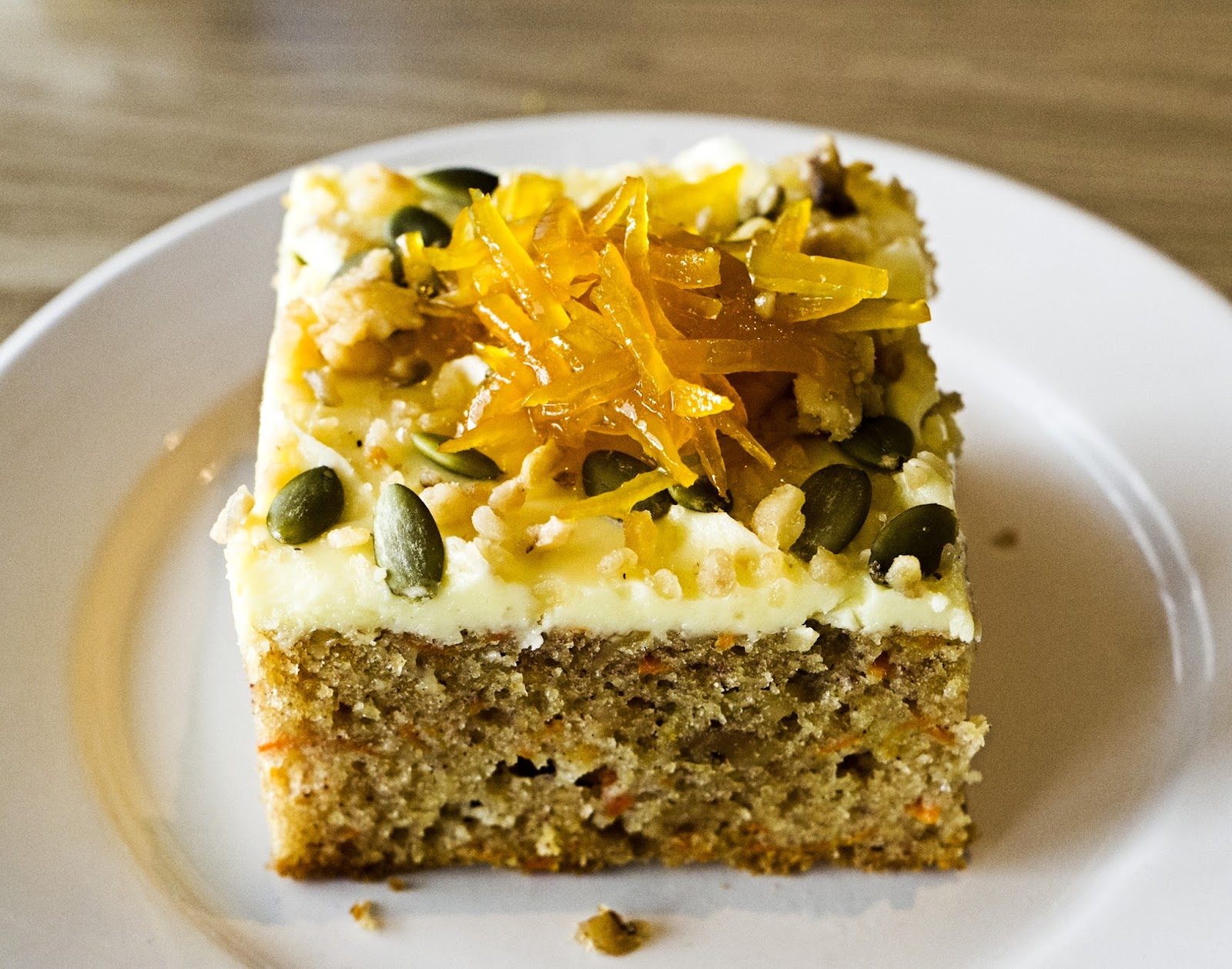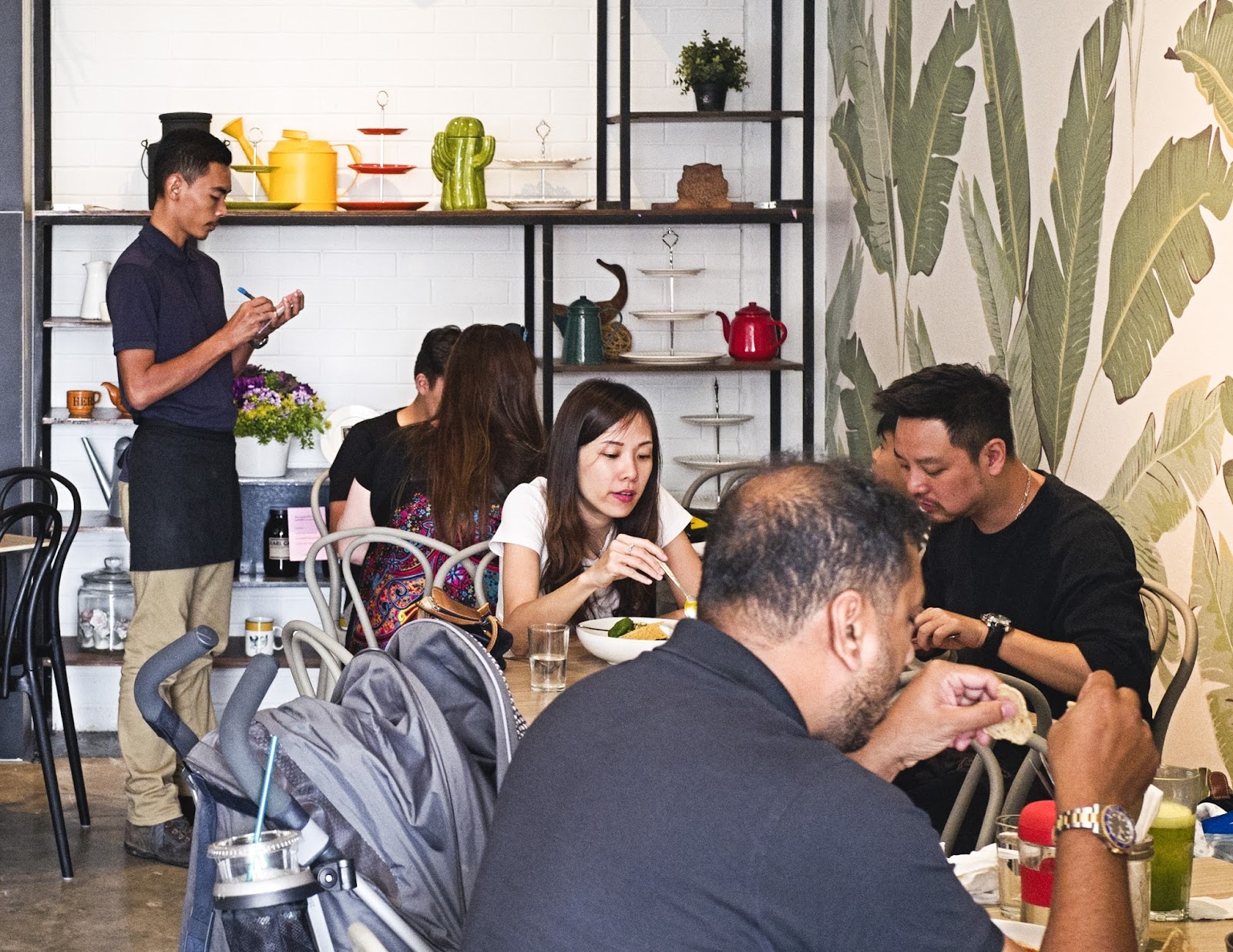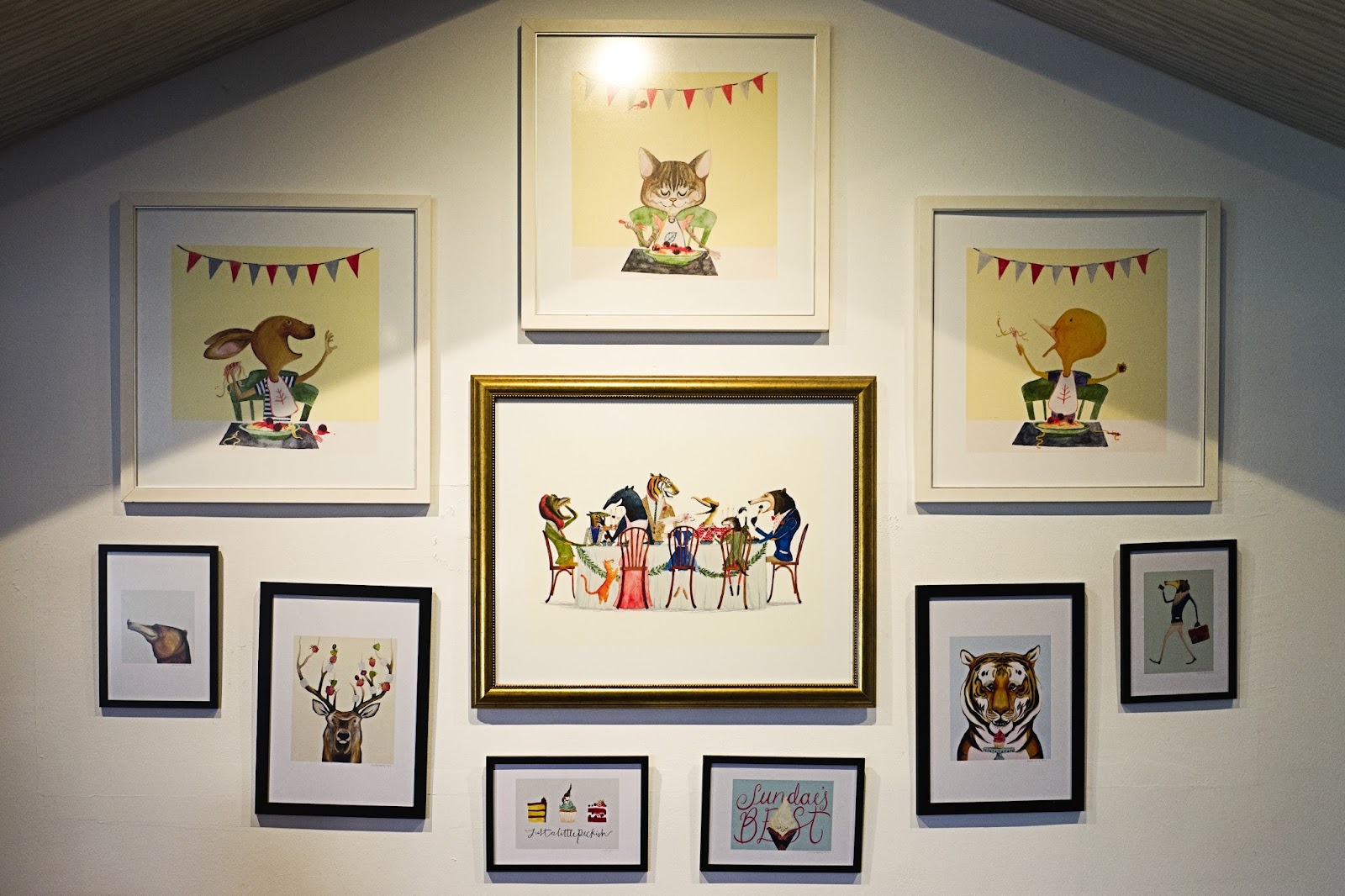By Aiman Azri
When a cafe in KL is still going strong after more than 15 years, it has to be doing something right. Adam Ng, who owns Marmalade in Bangsar Village with his business partner Jovy Ismail, has an insider’s perspective on how the city’s culinary landscape has transformed over the past decade, and he shares his insights with us in a thoughtful interview.
Tell us about the origin and evolution of Marmalade.
Marmalade has always been a family business that my sister started in 2001. Its first iteration was Gecko in Sri Hartamas, which was originally owned by a South African couple. It was the first cafe of its sort – with a theme – as well as the first sort of casual dining cafe in KL as we know it today.
My sister bought Gecko over from the couple. After about a year or two, she rebranded into Marmalade and moved into the shop-lot area in Mont Kiara. That’s when we basically had the first taste or idea of what Marmalade is today – in terms of the menu, in terms of the staff.
Our manager has been with us since day one, Mala. We have had clients, customers that have been with us since day one. They’ve brought their kids, who are teenagers now. So we’ve seen our customers and our staff grow with us.
When Marmalade first started, we were known for our carrot cake. The name Marmalade came from the orange zest on top of our signature carrot cake, which is the marmalade zest.
Two to three years later, we moved into Plaza Mont Kiara, into a much bigger lot. We then expanded to a second branch in Bangsar Village. We’ve been here for 10 years now. And we also later relocated our Plaza Mont Kiara branch to Publika.
The next evolution of Marmalade was when my sister migrated to Singapore. She wanted to sell the business. I said, “Hey, I’ve got the means, I’ve got the experience now, I’ve got the time to run it as well.” So I bought over the business from her - lock, stock, and barrel. Brand and everything.

So you run Marmalade now with Jovy.
Jovy and I are both childhood friends and we grew up together in Hartamas. We went to Australia to study together. We went to Singapore to work together for a few years. Then I came back here and joined an investment bank in The Intermark. That’s where he and I opened a cafe called Grizzly. That cafe’s been there since 2014.
I’m very familiar with the business by virtue of having grown up with my sister and family. My mom has always been the force behind us. She helped my sister when she first started. So she’s always been involved with the business. My staff, they look up to my mom. She’s always here looking after them. A sort of a motherly figure.
It would be a shame to see a family brand be passed on to someone else that’s not part of the family. What defines us is the fact that we’re very family-driven. You see the owners here all the time, either myself, my mom or my sister.
A lot of customers know us very intimately. So I was telling Jovy then, we like the business, why not move to something bigger? Marmalade’s a lot bigger than Grizzly. We’ve already got the infrastructure and the network. The transition was seamless because I’m part of the family as well.
From there, I came in with a different take on what the market wants compared to my sister. My sister knew what the market wanted 15 years ago. Being a mom of two, she was very keyed in to what parents and families want in terms of food offerings, space offerings. So she set the foundation for that. But as we all know, we always have to move on with the times, so that’s where I hope Jovy and I can make a difference.

Since we came in, we revamped. There are a few things we changed, the space, the décor, the identity. We were going for something a bit more universal. Before this, it was very kids-centric. Very bright colours, a lot of pastel. Even the table corners had rounded caps. But we didn’t want to isolate other segments as well. We wanted to be more inclusive. We want to give you the launchpad for you to bring in your own experience.
Another thing we focused on was the menu. We still kept true to the original theme of the menu, which is comfort food. Basically keep things simple, but we do them well. I don’t want to serve unfamiliar things just to be Insta-worthy. The guiding principle is to not try too hard. We continue serving the things that we’ve been known for, but we want to improve the recipe, we want to improve the plating.
The way I see it is that a lot of the focus has shifted from food being the primary objective to it being the secondary objective. The primary focus for a lot of people nowadays is “Is it Insta-worthy?” The appearance, the aesthetics. So often people give allowance to the food being mediocre or substandard because everything else is okay. It’s a whole package, whereas back in the day it was always about the food first.
I think as a purveyor of food services as well as being a consumer myself, it’s always important to innovate your food. Come up with original recipes, come up with new ideas, to keep people interested, from a business point of view as well as a consumer point of view. I think it’s important, but I think it’s also important not to make it your core focus, to just be a fad business for the sake of making money off people. Because then you’re not sincere. When you’re not sincere, you fail at everything else.
I think as a purveyor of food services as well as being a consumer myself, it’s always important to innovate your food. Come up with original recipes, come up with new ideas, to keep people interested, from a business point of view as well as a consumer point of view. I think it’s important, but I think it’s also important not to make it your core focus, to just be a fad business for the sake of making money off people. Because then you’re not sincere. When you’re not sincere, you fail at everything else.
Let’s talk about the obstacles your family faced in starting a cafe more than a decade ago.
I think there were a lot of personal challenges, and I’m speaking on behalf of my sister now. She came from a banking background as well. Her challenge was that she had the passion for running a cafe, but back in the day, the market was not established yet. There was no network, no social network.
Her challenge was she had no one to go to, so she had to learn a lot of things on her own, along with my mom. Our mom is very good with baking and cooking – my sister’s more of the businessperson. The real hardship was, I guess, without the network, without the support system, the challenge was to learn as they went along, in terms of the food, the staffing, the suppliers.
Her challenge was she had no one to go to, so she had to learn a lot of things on her own, along with my mom. Our mom is very good with baking and cooking – my sister’s more of the businessperson. The real hardship was, I guess, without the network, without the support system, the challenge was to learn as they went along, in terms of the food, the staffing, the suppliers.
How do you feel about the Klang Valley’s latest breed of cafes?
There are standout ones. There are establishments that we see that are really passionate about what they do, where their owners get their hands dirty. They try to have their own identity. They are out there. But at the same time, they get lost in the shuffle. Lost in the whole cacophony, the whole ocean of newcomers.
There are exciting things that people are doing. They’re getting all these influences from the internet, their travels, their training overseas, and they bring it back here. But at the same time, we as Malaysians, we are very zealous about our local tastes, so I like seeing how people have been pairing the food.
From their brunch menu, the Quinoa Lemak (RM 20).
You do that with your food too. Are you the person behind the recipes?
Yes. The recipes, the plating, and the layout of the menu as well. Basically the whole direction as well as the visuals. I've made it a point to not create too much noise in my kitchen. I want the production line to be as seamless and as efficient as possible, to ensure good quality and timeliness.
I've adulterated your Eggs Benedict a bit. I use a lot of high-quality ingredients, because I don't feel it is justifiable to charge so much for a traditional Eggs Benedict. Because it's just a muffin, with egg, spinach, and hollandaise sauce. I'll take away your muffin and give you a portobello mushroom. I'll give you goat's cheese, spinach, and pesto. It still stays true to the original taste, but it gives you something different, something new.
A twist on a local dish is the Quinoa Lemak. It's protein-packed! Quinoa is a very solid source of protein. We also do a mean Salmon Laksa with udon. Again, high-quality ingredients, very rich broth, all house-made, not paste. All our food is house-made. Except cakes - we have a mix of house-made and other suppliers.
Instead of muffins, have a Portobello Benedict (RM 30).
What advice would you share to the people out there who are new to this but who really want to make a restaurant work?
Make sure that you're well-equipped in terms of staffing. Don't keep a small team just because you want to keep costs down. When service is down, people don't come back. Treat your staff well. When the staff is happy, the customer is happy. When your staff is happy, they align themselves to the company's direction. When they speak to customers, it's like they're representing their own brand. They're more proactive. They attend to customers better.

Would it be fair to say that you guys have settled into the business?
We will never be settled. As we grow, my personal taste or my sister's taste, they’ll change as well. And if we can reflect those changes into our offerings, that keeps the business going. What I liked 16 years ago was different from what I like today. I can't just keep doing what I liked 16 years ago. I need to develop as a person and my business will follow along.
When Jovy and I took over, we closed the Publika branch of Marmalade. We both had day jobs, extremely busy day jobs. For me, it was very much about wanting to do the best for the brand, and the only way I could do that was to consolidate all our efforts into one branch. It wasn't fair to our chefs and floor managers to run around and manage two branches that were not within the same vicinity.
This made a huge difference to our morale, to our quality, to our consistency when we focused our efforts here in Bangsar. I come here as often as I can after work. Every weekend I'll make sure to have four meals here because I need to know if the quality control is there. I need to check on the consistency. That's the dedication I need.
Not only the food quality - the ambiance, the volume of the music, the temperature of the coffee, the presentation, the cleanliness of the place. You can't just rely on your staff for that. Yes, you train them to do that, but at the same time, you are the owner, the main vested guy in this business, right? If it doesn't pass your standards, it should not pass to the public.
Let’s finish with one of the final ingredients of your longevity - your staff.
Mala is staff Number One, while my head chef has been with us for about 10 years now. If the business is dynamic, they're always on their toes. They're always improving themselves, developing. They're always challenging themselves. Mala has been with us 15 years. Next week I'm sending her for coffee training. After 15 years! Not because she's going to be my barista. She's my floor manager. But I want her to learn. Not for the job, but for her own interest. She wants to know how to make coffee. She knows the basics of pulling a cuppa, but the natural progression would be for her to understand the fundamentals behind the craft and to be able to expand on that.
Marmalade’s floor manager, Mala.
With the chef, I do a lot of tastings with him, but at the end of the day, he adds his own twist to it. For example, he's from Kelantan, so sambal is very important to him. He gets a lot of ownership in what he does. I'll let him try to do the plating first, then I'll come in as a gatekeeper. Rather than I prescribe to him exactly what I want done, and then he just does it, instead I let him be part of the process. That gets him the ownership, to be part of the process.
When I crafted the menu, I gave Mala a lot of the ownership as well, because she's been with the company longer than I have. I let them know that I value their input. I want them to take ownership. A sense of ownership is very important.
Stay up to date: The Eat Drink KL newsletter is sent by email to subscribers every Monday; it's the Klang Valley's foremost weekly round-up of new restaurant openings, F&B promotions & other tasty tidbits. Subscribe to Eat Drink KL Weekly for free via this following link: https://confirmsubscription.

